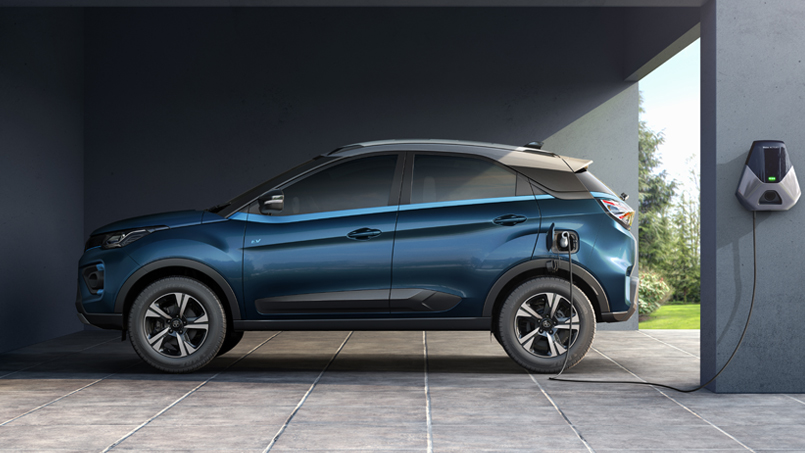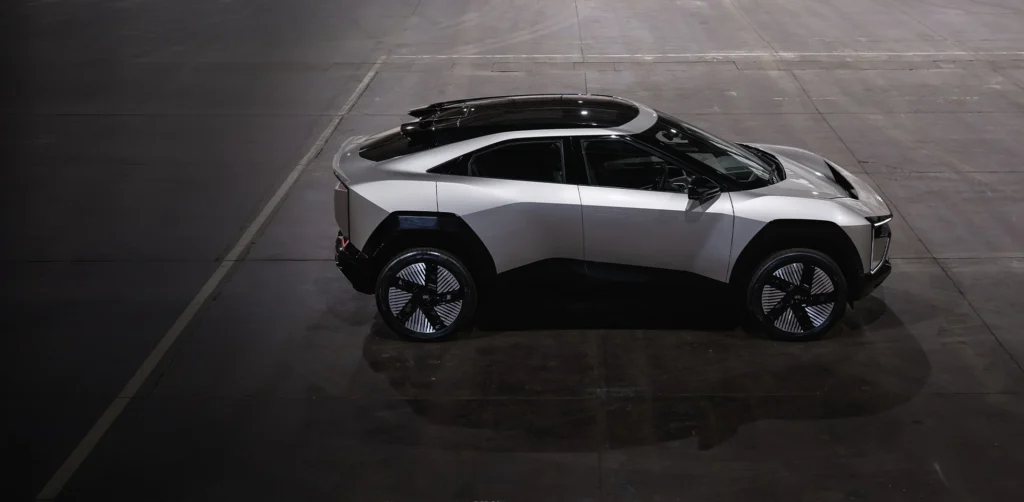India is at the cusp of a transportation revolution with electric vehicles (EVs) leading the charge. This transformation is fueled by environmental concerns, government policies, and a growing demand for sustainable alternatives to conventional fossil-fuel-powered vehicles.
Why EVs Matter in India
The transportation sector contributes significantly to India’s greenhouse gas emissions. With urbanization and population growth, the demand for vehicles is only set to increase. EVs present an eco-friendly alternative, reducing emissions and dependency on imported oil, which accounts for a significant portion of India’s trade deficit.
Government Initiatives
The Indian government has been proactive in promoting EV adoption through policies like the Faster Adoption and Manufacturing of Hybrid and Electric Vehicles (FAME) schemes. FAME-II, with an outlay of ₹10,000 crore, focuses on subsidies for electric two-wheelers, buses, and charging infrastructure. State-level initiatives also include tax exemptions, waivers on road taxes, and policies promoting EV manufacturing.
Current Market Landscape
India’s EV market is growing rapidly, especially in the two- and three-wheeler segments, driven by affordable models and lower running costs. Major players like Tata Motors, Hyundai, Mahindra & Mahindra, Ola Electric, Ather Energy, and Hero Electric are investing heavily in technology and capacity expansion. The passenger vehicle segment is also witnessing growth with models like Tata Nexon EV leading the market.

Challenges to Overcome
Despite the growth, several challenges remain:
- Infrastructure: A lack of widespread charging stations, especially in semi-urban and rural areas, deters potential buyers.
- Costs: High upfront costs of EVs, primarily due to expensive batteries, remain a barrier.
- Battery Dependency: Heavy reliance on imports for lithium-ion batteries raises concerns about supply chain security and costs.
- Consumer Awareness: Limited knowledge about EV benefits and incentives hinders adoption
The Road Ahead
The future of EVs in India looks promising, with the government aiming for 30% of all vehicles to be electric by 2030. Innovations in battery technology, such as the development of solid-state batteries and indigenous lithium-ion production, are expected to bring down costs. Investments in renewable energy can ensure that EVs remain a truly green solution.
Increased public-private partnerships, targeted policies, and consumer education campaigns are essential to make EVs the preferred mode of transport. With these measures, India could become a global hub for electric mobility, driving both economic growth and environmental sustainability.

National Level Policy by the Central Government of India
Also read:

Very Good article
This message bring awareness among people to move towards EVs Vehicle.